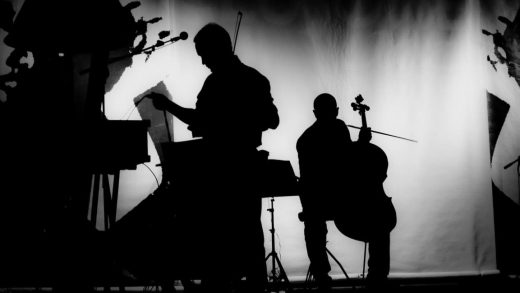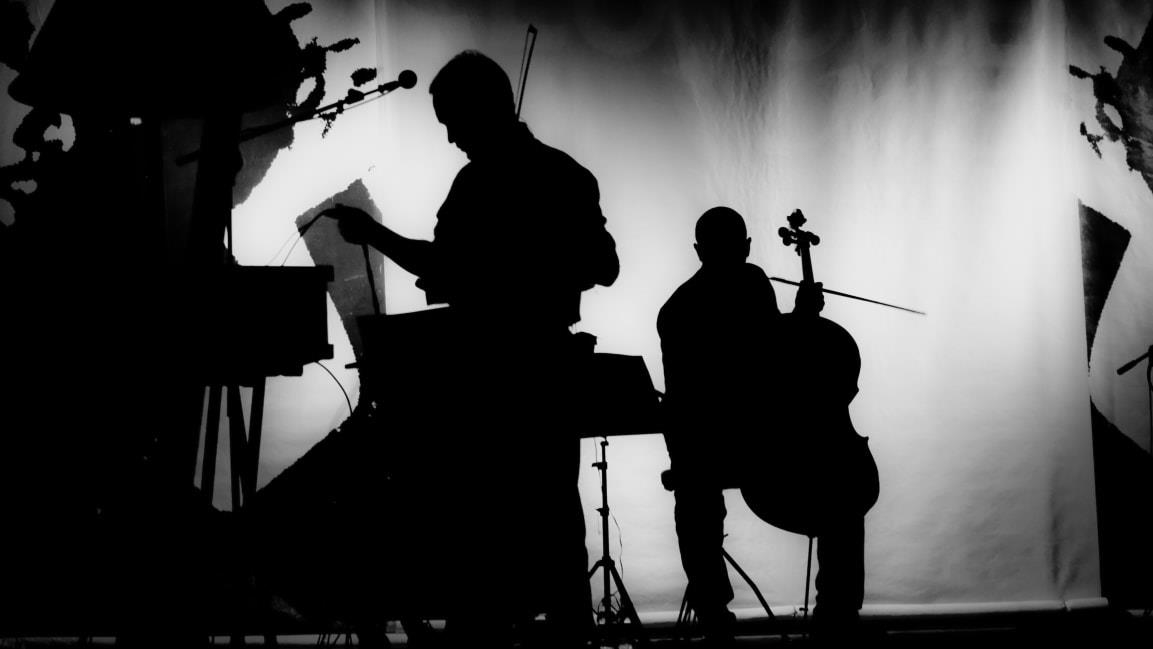How prioritizing my passion outside of work made me a better colleague and leader
Unlike a lot of tech founders, I stop thinking about work when I leave the office every night. That means that rather than technical updates and to-do lists, I’m thinking about the order of the songs I’m on my way to perform with my fellow musicians.
Balance is one of the most essential, yet difficult to attain, elements of life. Workers today are driven by an internal desire to achieve professional success, even within the pressures of high-stress corporate environments. That is especially true within the tech sector. There’s a culture of enigmatic “genius” leaders creating unsustainable work environments that prize outrageous working hours over the long-term health and well-being of their employees. The resulting burnout is very real, which is why I’m committed to setting a different example.
How music sharpens my technical skills
By pursuing my passion for music, I’m still able to sharpen my technical skills and shape my leadership style. You see, this kind of learning utilizes a different, unique set of skills and brainpower.
Music has always been a massive part of my personal life. I’ve played the cello since I was eight, and the piano since I was four. My side passions of performing chamber music at local bars in San Francisco or playing in orchestras have played a key role in my journey to cofounding a software company. It might not be an obvious connection, but being a musician requires a methodical, analytical mindset, just like being a developer.
I don’t see my passion for music and my career in tech as exclusive pursuits—but as complementary parallels in personal and professional development. Before cofounding Ironclad five years ago, I studied computer science at MIT and worked as a software engineer. Through the years, I’ve found a strong correlation between the frameworks of coding and music composition—I see them both as two languages to master.
Now, in my career, I see more parallels between technology and music than ever before. Here’s how music made me a better leader and colleague.
I’m able to visualize results, even when I’m working on a long-term project, and see the bigger picture
It’s easy to get caught in the weeds of a specific line of code or music, but I’ve learned to step back and envision the end product or a song. This broader way of thinking is particularly beneficial for me during a tight deadline or a particularly busy few weeks. Having worked in the tech industry for most of my career, I’m often in the thick of the high-pressure and fast-paced business lifestyle. I understand the disillusionment and exhaustion that comes with burnout.
Just like understanding how a note fits into a melody, taking a moment (or longer) to map out how my work aligns with the goals I’ve set for myself, our team, and our product keeps me motivated and passionate. This is an example I strive to set for my team and my fellow entrepreneurs.
I developed the discipline to master each element of a project
Typically, you spend 90% of your time on the most challenging aspect. When you’re mastering a song on the cello, you spend the majority of your practice time on parts of the piece that require the most dexterity, though that part might only go for 30 seconds. In software, the process is similar. You get hit with an obstacle, and you can’t seem to solve those foundational problems. But once you’ve broken through that initial hurdle, you’re able to accomplish a lot in a short amount of time.
I learned to identify when I need to lead and when I need to step back and let others shine
When I play chamber music with other musicians, my role is usually to provide baseline and rhythm, but from time to time, I need to supplement or lead the melody. My contributions to a musical group prepared me for my current role. It translates directly into my leadership style. I work to keep our team in sync and moving in the same direction, but it’s the team that builds out and shapes the technologies. As a cellist, I need to know when I should play a supporting role and when it’s time to lead the performance. Leaders need to have the humility to step back and support the team when they’re in the spotlight.
I gained an understanding of how people work and how to create a human-friendly product
Principles from years of practicing music have influenced how I shape our products. Like a uniform sheet of music, contracts provide a common, regulated doctrine that allows a partnership to operate in harmony. Similarly, I create software solutions based on how people work. This is something that years of playing bar gigs and orchestra concerts have provided me unparalleled opportunities to observe. When I create new products, my goal is always to make sure I’m developing something user-friendly, accessible, and intuitive.
When you give art (or your respective passion) a space in your busy life, you become a better employee or manager, and of course less susceptible to burnout. To my fellow founders and company leaders: Don’t let your business be your only passion project. Let yourself (and your team) pursue passions outside of your company. Trust me, we’ll all be better for it.
Cai GoGwilt is the CTO and cofounder of Ironclad.
(24)



